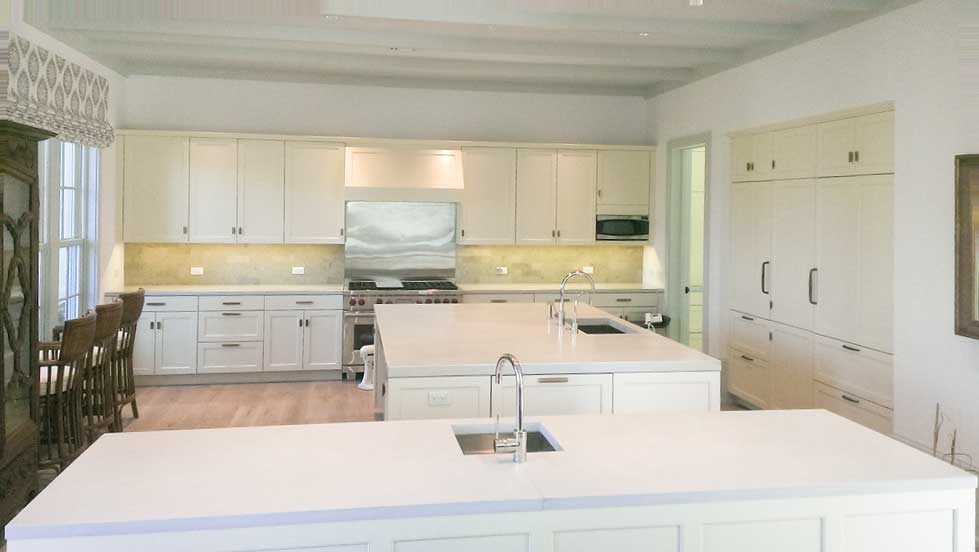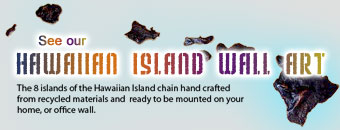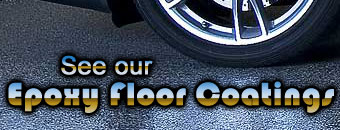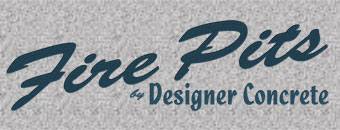 When you think of Concrete as a surface for your kitchen/bath or any other area of your home. Don’t think of traditional concrete applications like your driveway or patio area. Think of unlimited possibilities. Think of creativity and custom designs. Think of natural looks with a modern twist.
When you think of Concrete as a surface for your kitchen/bath or any other area of your home. Don’t think of traditional concrete applications like your driveway or patio area. Think of unlimited possibilities. Think of creativity and custom designs. Think of natural looks with a modern twist.
Concrete surfaces can be polished to a glass like finish all the way up to a 3000 grit shine, or they can be left in their natural state, sealed and waxed for a more casual, relaxed look. Regardless of your taste and style, concrete allows you to create a feel and look entirely your own. We will work with you to create and design a functional and beautiful addition to your home. Modern concrete fabrication for interior and exterior applications has changed dramatically over the past 25 years. At Designer Concrete Counters we’ve studied under the master of Interior Concrete Design. Fu-Tung Cheng.
FAQs For Homeowners and Designers
Q1: Why should I entertain concrete as a material for interior applications like kitchen or bathroom counters?
Concrete is an extraordinary material that is practical, expressive, and aesthetic all at once. From a primal and formless slurry, you can transform it into virtually any shape which hardens into a solid mass. The possibilities for creative expression are endless. You can grind, polish, stamp, or stain it and you can embed meaningful objects within it the choice is yours!
Q2: What are the advantages of concrete counter tops over marble and/or granite? How does concrete compare to granite in terms of both cost (per square foot) and texture?
The biggest advantage of concrete is that it is completely customizable; you can sculpt, mold, and texturize it to your own desire. If you have a concrete kitchen or bathroom counter made for you, the cost will be based on the complexity of the form, the mold-making process, and the desired finish, rather than the size. Cost comparisons between materials should be done on a project-by-project basis.
Q3: Do concrete counter tops have an application in more traditional kitchens?
Yes, absolutely. Style is dictated by design; concrete can adapt to any look. For example, edge detailing and decorative inlays can help a concrete counter blend into more traditional environments.
Q4: Can I use concrete countertops in a commercial kitchen?
In Florida you should check with your local health department official first before starting any commercial project.
Q5: Would concrete countertops be good for outside use—as in an outdoor barbeque counter top? How will a colored concrete counter hold up in the sunshine?
Outside use is possible, but you need to consider and address efflorescence problems which can be tricky. In addition, there are issues of wear and tear from weather and natural elements.Most iron-oxide pigments are color-fast, including the reds, yellows, browns, and oranges (as far as black, synthetic black oxide is more colorfast than carbon black). Greens are a bit more unpredictable, and blues (except for very expensive cobalt blue) are especially unpredictable when subject to UV rays.
Q6: Can I use concrete countertops as a cutting surface?
As with marble or granite, we do not recommend cutting directly on a concrete surface, as it could result in scratches and gouges in the finish of your counter as well as harm the blades of your knives.
Q7: Can I put a hot pot directly onto a concrete kitchen counter?
Concrete is heat-resistant but is subject to thermal shock if a red-hot object is placed directly upon it. Like granite, the exposed area may flake or chip away if too much heat is applied. In addition, the heat could damage the sealer and wax applied to the surface. We recommend using trivets for hot cookware.
Q8: Can concrete counter tops chip, flake, or crack?
As with marble and granite, concrete corners and edges can chip if struck by a hard object. Sealing and rounding the inside corners of the mold with silicone will ease the edges and prevent chipping. Hairline cracks can also develop, but these are not structural failures; rather, they are inherent characteristics of the material.
Q9: Do concrete counter tops stain?
Concrete has approximately the same porosity as marble. Acids (especially red wine, lemon juice, and vinegar) will etch the surface if not cleaned up right away. Sealer and finishing wax will help resist stains, but they aren’t acid-proof and won’t make your counter impervious to stains. Luckily, like aged butcher block or marble, a patina on concrete counter tops can actually enhance the character of the surface, so a spill is not necessarily a disaster.
Note, however, that while Designer Concrete Counters states that we use penetrating sealers, we now use a “hybrid” topical sealer that also has penetrating qualities. We now use CHENG Sealer in our fabrication shop and is the best all-around sealer we have found for use with the concrete counter tops we produce.



